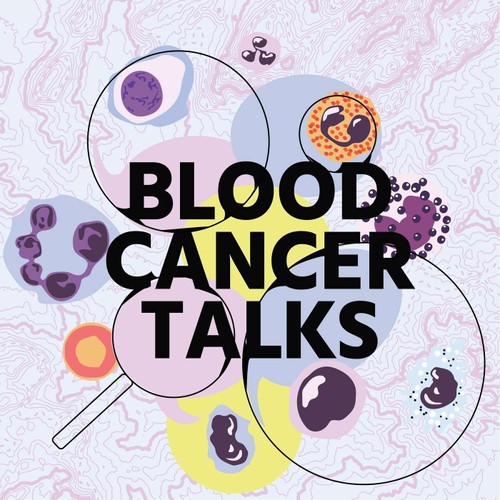
 Blood Cancer Talks
Blood Cancer Talks Episode 35. Bispecific Antibodies in Lymphoma with Dr. Michael Dickinson
34 snips
Nov 30, 2023 Dr. Michael Dickinson, a medical professional specializing in lymphomas, discusses the potential of bispecific antibodies in the clinical management of lymphoma, including their mechanism of action and side effects. He explores the challenges of treating relapse after CAR T cell therapy and the advantages of using biospecific antibodies in patients who have not responded to CAR T cell therapy. The podcast also delves into the toxicity management of bispecific antibodies and the complexities of funding and outpatient treatments for refractory lymphoma. Finally, it explores the difficulties in eliminating chemotherapy from lymphoma treatments and the challenges in running trials for chemo ineligible patients.
Chapters
Transcript
Episode notes
1 2 3 4 5 6 7
Introduction
00:00 • 5min
Treating Relapse After CAR T Cell Therapy in Lymphoma
05:11 • 4min
Bispecific Antibodies in Lymphoma Treatment
09:33 • 5min
Biospecific Antibodies in Treating Refractory Lymphoma
14:33 • 13min
Toxicity and Toxicity Management in Bispecific Antibodies
27:34 • 7min
Funding complexities and outpatient treatments for refractory lymphoma
34:20 • 30min
Exploring Chemo-Free Immunotherapy and Challenges in Lymphoma Treatment
01:04:18 • 4min
